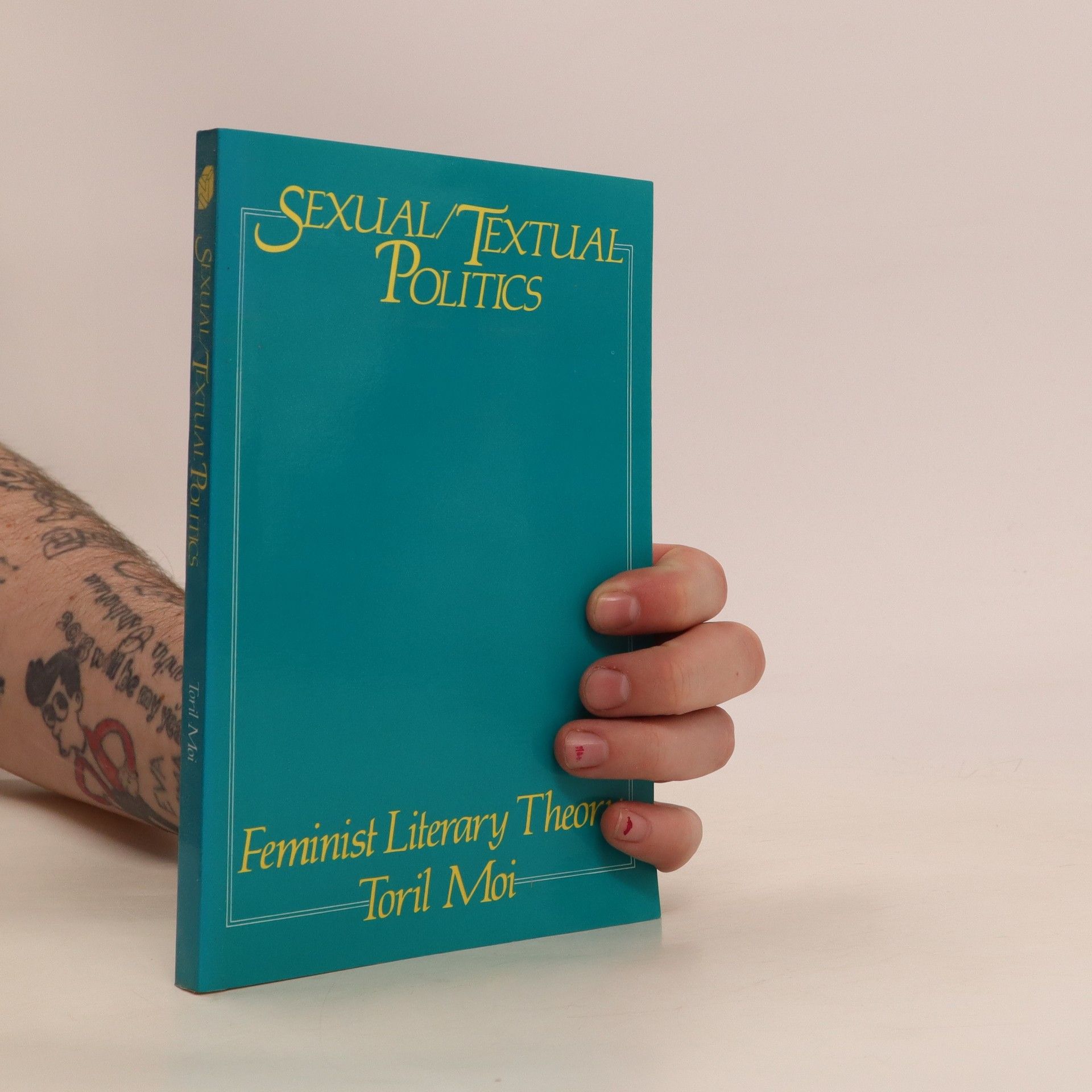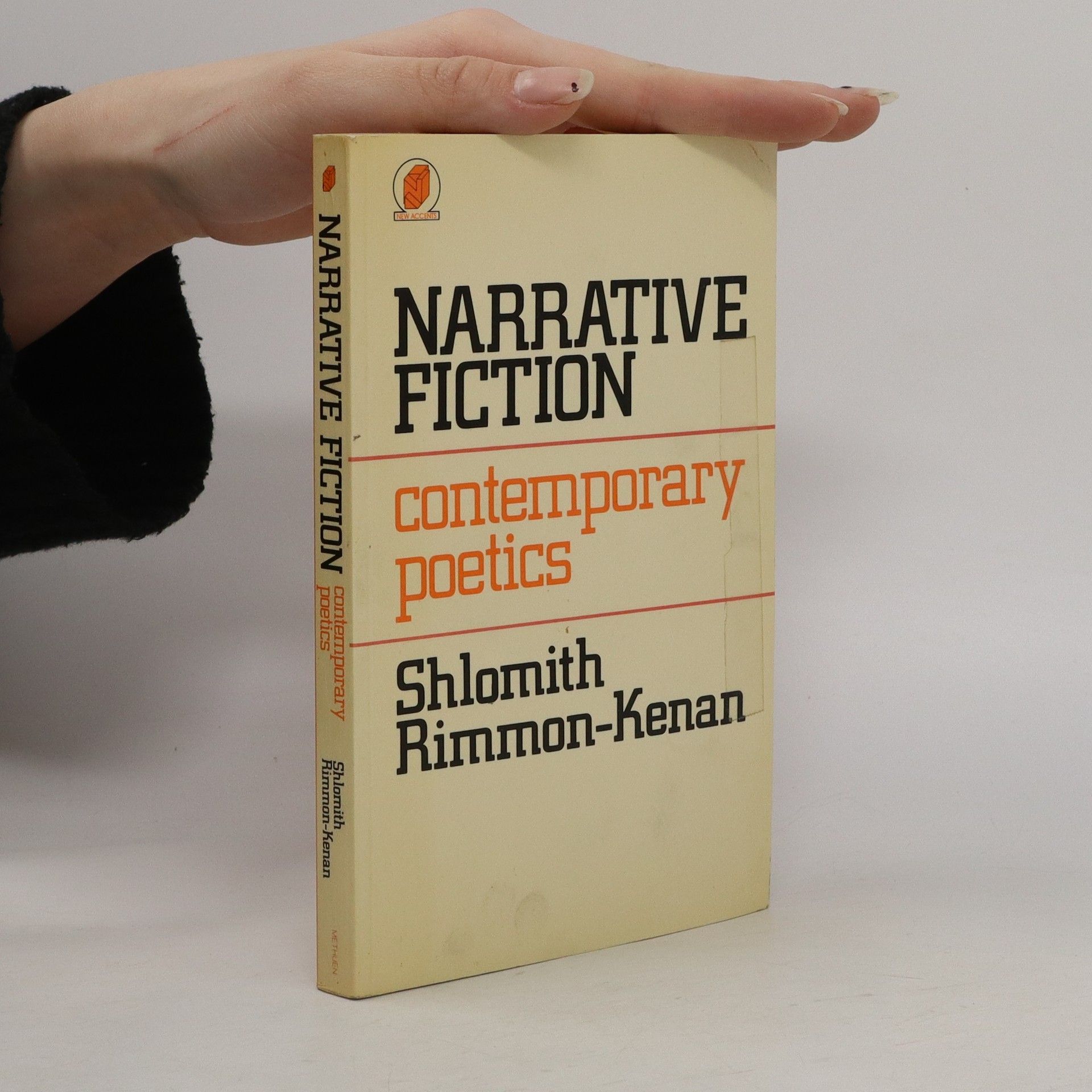What is a narrative? What is narrative fiction? How does it differ from other kinds of narrative? What featuers turn a discourse into a narrative text? Now widely acknowledged as one of the most significant volumes in its field, Narrative Fiction turns its attention to these and other questions. In contrast to many other studies, Narrative Fiction is organized arround issues - such as events, time, focalization, characterization, narration, the text and its reading - rather than individual theorists or approaches. Within this structure, Shlomith Rimmon-Kenan addresses key approaches to narrative fiction, including New Criticism, formlaism, structuralism and phenomenology, but also offers views of the modifications to these theroies. While presenting an analysis of the system governing all fictional narratives, whether in the form of novel, short story or narrative poem, she also suggests how individual narratives can be studied against the background of this general system. A broad range of literary examples illustrate key aspects of the study. This edition is brought fully up-to-date with an invaluable new chapter, reflecting on recent developments in narratology. Readers are also directed to key recent works in the field. These additions to a classic text ensure that Narrative Fiction will remain the ideal starting point for anyone new to narrative theory.
New Accents Series
This series delves into cutting-edge developments and innovative approaches within literary theory and criticism. It spotlights emerging themes, methodologies, and perspectives that are shaping academic discourse. Readers can expect insightful essays and analyses that reflect the latest trends in the humanities. It serves as an essential resource for students, scholars, and anyone interested in contemporary theoretical discussions.






Culture and the Real
- 224 pages
- 8 hours of reading
Professor Belsey's explains the views of recent theorists, including Jean- Francois Lyotard, Judith Butler and Slavoj Zizek, in order to take issue with their accounts of what it is to be human.
While in no way oversimplifying its complexity or glossing over the challenges it presents, Norris's book sets out to make deconstruction more accessible to the open-minded reader.
Sexual/textual Politics
- 206 pages
- 8 hours of reading
'Moi's detailed and critical discussion of the two main strands in feminist criticism Anglo-American and French] provides us with a basis for advancing the political and theoretical orientation of feminst theory.' - Mahnaz Koosha Mohseni
Reading Television
- 200 pages
- 7 hours of reading
The book offers tools and techniques for viewers to critically analyze television programs and the cultural context behind them. It empowers readers to delve deeper into media content, fostering a greater understanding of the societal influences that shape television. By engaging with the material, anyone with a TV can gain insights into both the programming and the broader cultural narratives it reflects.
Telling Stories overturns traditional definitions of narrative by arguing that any story, whether a Bette Davis film, a jeans ad, a Jane Austen novel or a 'Cathy' comic, must be related to larger cultural networks. The authors show how meanings and subjectivity do not exist in isolation, but are manufactured by the narratives our culture reads and watches every day. They call for a critical practice that, through the fracturing of texts, can alter the grounds of knowledge and interpretation. This timely study will interest critics of narrative and culture, as well as students wanting to extend post-Saussurean theories to poopular and canonical cultures, and to the dynamics of story-telling itself.